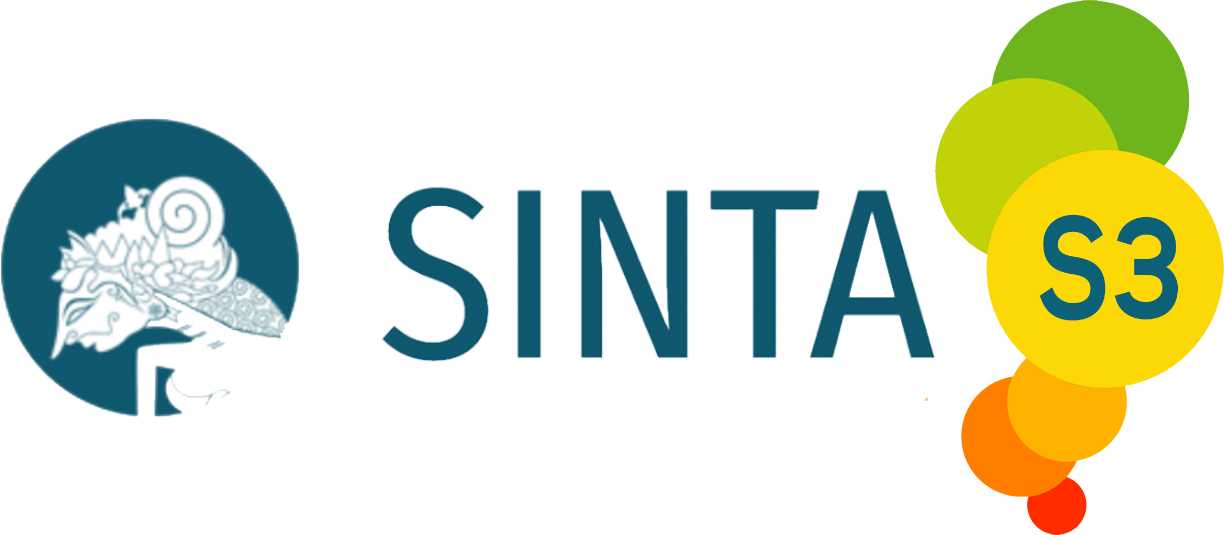Tradisi Baritan di Dusun Palulo Kabupaten Blitar: Kajian Living Hadis
DOI:
https://doi.org/10.12928/taqaddumi.v2i2.4256Keywords:
Baritan, Living Hadis, TradisiAbstract
The Baritan tradition that occurs in Palulo hamlet, Blitar Regency is one of the traditions carried out by the Javanese people. This research examines the meaning of the Baritan Tradition according to local residents and relates the values contained in it in the study of living hadith. The study of living hadith focuses on the traditional phenomenon of behavior that lives in society which is based on the hadith of the prophet. The research used is descriptive research that focuses on the baritan ceremony for the residents of Palulo Hamlet, Blitar Regency, East Java Province. Information collection methods used are library research, online research, observation or observation, as well as interviews with several informants. Based on this research, information is obtained that describes the interaction of living hadith through the ceremony. The implementation of the Baritan Tradition is an understanding of the values that exist in society which is carried out together. Contribution of ideas, energy, modules related to the sustainability of the baritan ceremony. And the arrival at the Barıtan ceremony is a manifestation of this understanding.
References
A. M. Kartawinata. Etnografi Jul Jacobs Orang Baduy dari Banten. Bandung: Baituna Guest House, 2012.
Azhari, Susiknan. Kalender Islam; Kearah Integrasi Muhammadiyyah-NU. Yogyakarta: Museum Astronomi Islam, 2012.
Creswell, John W. Penelitian Kualitatif & Desain Riset Memilih Di Antara Lima Pendekatan. Yogyakarta: Pustaka Pelajar, 2015.
Geertz, Clifford. The Religion of Java, terj. Aswab Mahasin. Depok: Komunitas Bambu, 2014.
Huda, Nurul. Ritus Peralihan Dalam Islam Kajian Living Hadis. Yogyakarta: FA Press, 2018.
Munir Amin, Samsul. Sejarah Peradaban Islam. Jakarta: Amzah, 2009.
Sholikhin, Muhammad. Misteri Bulan Suro Perspektif Islam Jawa. Yogyakarta: Narasi, 2010.
Sihabudin, Ahmad. Komunikasi Antar Budaya. Jakarta: Bumi Aksara, 2013.
Spradley, James P. Metode Etnografi Pengantar: Dr: Amri Marzali MA. Yogyakarta: PT Tiara Wacana Yogya, 1997.
Sunanto, Musyrifah. Sejarah Peradaban Islam Indonesia. Jakarta: Rajawali Pers, 2010.
Suwaidi, Fahmi dan Abu Aman. Ensiklopedi Syirik dan Bid’ah Jawa. Solo: Aqwam, 2011.
Syam, Nur. Islam pesisir. Yogyakarta: Lkis Pelangi Aksara, 2005.
Wasitaatmadja, Fokky Fuad. Etnografi Hukum Budaya Hukum Masyarakat Cina Jelata. Jakarta: Prenada Media, 2020.
Zuhri, Saifuddin & Subkhani Kusuma Dewi. Living Hadis Praktik, Resepsi, Teks, dan Transmisi. Yogyakarta: Q-Media bekerja sama dengan Ilmu Hadis Press, 2018.
Downloads
Published
Issue
Section
License
Copyright (c) 2022 Zahrotul Izzah, Fadli Azis Darmansyah, Rahmat Fithror Robi’

This work is licensed under a Creative Commons Attribution-ShareAlike 4.0 International License.
License and Copyright Agreement
In submitting the manuscript to the journal, the authors certify that:
- They are authorized by their co-authors to enter into these arrangements.
- The work described has not been formally published before, except in the form of an abstract or as part of a published lecture, review, thesis, or overlay journal. Please also carefully read the Taqaddumi Author Guidelines at http://journal2.uad.ac.id/index.php/taqaddumi/about/submissions#onlineSubmissions
- That it is not under consideration for publication elsewhere,
- That its publication has been approved by all the author(s) and by the responsible authorities – tacitly or explicitly – of the institutes where the work has been carried out.
- They secure the right to reproduce any material that has already been published or copyrighted elsewhere.
- They agree to the following license and copyright agreement.
Copyright
Authors who publish with the Taqaddumi Journal agree to the following terms:
- Authors retain copyright and grant the journal right of first publication with the work simultaneously licensed under a Creative Commons Attribution License (CC BY-SA 4.0) that allows others to share the work with an acknowledgment of the work's authorship and initial publication in this journal.
- Authors are able to enter into separate, additional contractual arrangements for the non-exclusive distribution of the journal's published version of the work (e.g., post it to an institutional repository or publish it in a book), with an acknowledgment of its initial publication in this journal.
- Authors are permitted and encouraged to post their work online (e.g., in institutional repositories or on their website) prior to and during the submission process, as it can lead to productive exchanges, as well as earlier and greater citation of published work.








